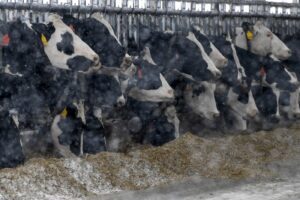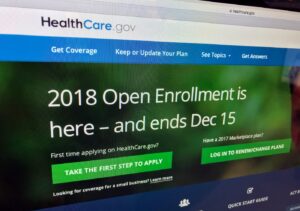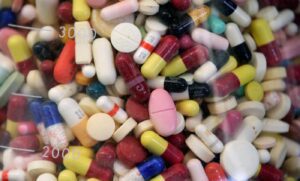Pfizer and its German partner BioNTech requested to amend their emergency use authorization with the Food and Drug Administration (FDA) on Friday to get approval to administer their COVID-19 vaccine to 12- to 15-year-olds.
The move would expand the FDA’s emergency approval for the vaccine, which is currently only available for those 16 and older. The two companies said they plan to request similar age extensions from other regulatory authorities worldwide in the coming days.
Pfizer and BioNTech cited research unveiled last month that found its vaccine is 100 percent effective in children ages 12 to 15.
“These submissions represent a critical step in Pfizer’s and BioNTech’s ongoing efforts to support governments in broadening global vaccination efforts,” the companies said in a release.
“The companies look forward to working closely with the U.S. Food and Drug Administration (FDA) and other worldwide regulatory authorities as part of the companies’ efforts to expand emergency or conditional authorization of their COVID-19 vaccine in 12- to 15-year-olds as quickly as possible,” the statement continued.
On March 31, the companies declared that the third phase trial of 2,260 adolescents resulted in no COVID-19 cases among those vaccinated, with 18 cases identified in the placebo group. The side effects among the adolescents who received the vaccine were “generally consistent” with those observed among participants aged 16 to 25.
At the time, Pfizer and BioNTech said they would file for emergency use authorization as soon as possible, and Pfizer CEO Albert Bourla said he hoped to start vaccinating 12- to 15-year-olds before the start of the next school year.
The Pfizer-BioNTech vaccine was the first vaccine to earn an emergency use authorization in the U.S. in December, followed soon after by Moderna’s vaccine. But the Pfizer-BioNTech vaccine is the only immunization authorized for 16- and 17-year-olds, while Moderna’s and Johnson & Johnson’s vaccines are restricted for those 18 and older.
Last month, Moderna announced that it started testing its vaccine on children between the ages of six months and 12 years old in a study in the U.S. and Canada.
More than 90.2 million Pfizer-BioNTech vaccine doses have been administered in the U.S., more than the almost 80 million Moderna vaccine doses and the nearly 5 million Johnson & Johnson doses, according to Centers for Disease Control and Prevention (CDC) data.
As of Thursday, more than a quarter of U.S. adults over 18 have been fully vaccinated.
Although children can spread the virus to others, they are less likely to develop a severe illness or die from COVID-19. Less than 12 percent of confirmed COVID-19 cases and less than 0.2 percent of de





